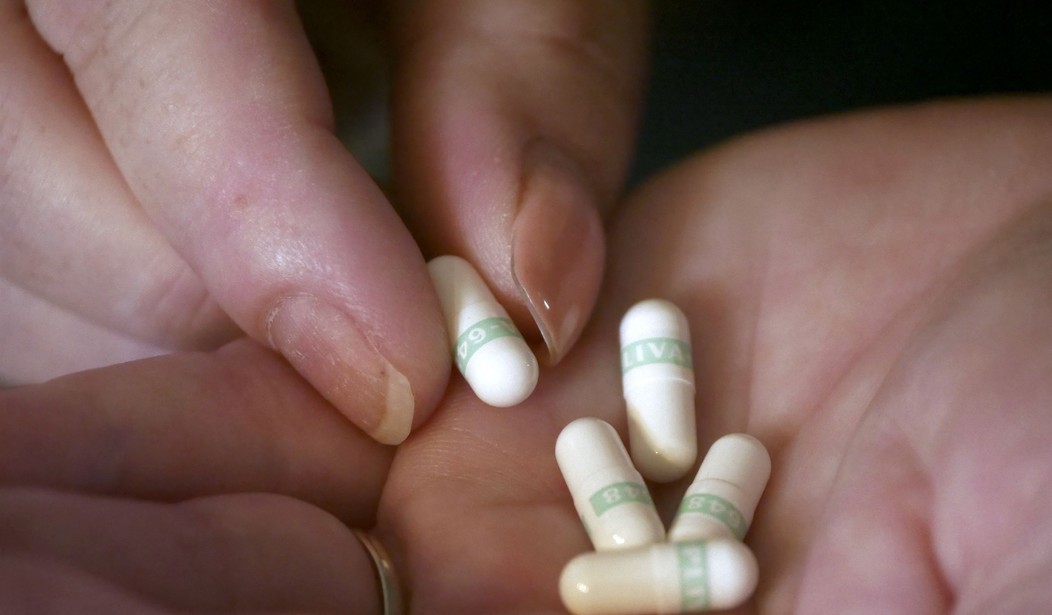We live in a time when technology can trace a package from warehouse to doorstep within hours. Yet, when it comes to something far more critical—prescription drugs—the American pharmaceutical industry still lacks the full traceability it desperately needs. One key solution has been on the table for years: serialization.
Serialization is the process of giving each individual drug package a unique serial number. This lets manufacturers, distributors, and pharmacies track every step of a drug’s journey—from the factory floor to the patient’s hand. It can prevent fake or contaminated drugs from reaching the public, streamline recalls, and save lives. But despite legislation and years of discussion, the U.S. still hasn’t fully implemented serialization across the industry. That’s more than a missed opportunity—it’s a deadly risk.
Take the tragic case of Betty Hunter, a 78-year-old woman from Pennsylvania. In 2012, she was prescribed a routine blood pressure medication. What she didn’t know was that her pills had come from a batch contaminated during manufacturing. Because there was no unit-level tracking, the tainted drugs were shipped across multiple states without detection. Betty had a severe reaction and died within days. According to an FDA report, if serialization had been in place, the source of the contamination could have been identified and stopped faster—possibly saving her life.
Stories like Betty’s reveal the serious gaps in our current drug supply chain. Serialization isn’t just a technical fix; it’s a vital public health measure. When done right, it ensures that every package of medication can be verified and traced. This means patients are less likely to receive counterfeit drugs—an issue the World Health Organization says costs the global economy over $200 billion a year and affects millions.
Recommended
A more recent example highlights just how dangerous these vulnerabilities can be. Between 2020 and 2022, a criminal counterfeit scheme infiltrated the U.S. drug supply chain, where bottles labeled as HIV medications—such as Biktarvy and Descovy—were actually filled with incorrect drugs, including the antipsychotic medication Seroquel. Patients seeking life-saving HIV treatments were unknowingly taking sedating antipsychotics, posing serious health risks. These counterfeit products were distributed through a web of rogue suppliers and appeared legitimate, complete with falsified paperwork and repackaged bottles. This dangerous mix-up could have been caught early—or even prevented—if a robust serialization system had been in place to authenticate each unit’s origin and legitimacy.
The U.S. passed the Drug Supply Chain Security Act (DSCSA) in 2013 to push for serialization and improved drug tracking. It was a big step in the right direction. But over a decade later, full enforcement has been delayed. The FDA says smaller pharmacies and distributors are struggling to keep up, but every delay leaves the door open to future tragedies.
Some companies, though, are ready. Steve Madsen, CEO of RxERP, says his firm can support full serialization for businesses of all sizes. “RxERP can track every drug from pill maker to pill taker,” says Madsen. “The FDA needs to stop kicking the can down the road and enforce the DSCSA.”
The benefits of serialization go beyond preventing counterfeit and contaminated drugs. During recalls, serialization allows for precision. Instead of pulling entire batches off shelves, companies can target only the affected serial numbers—saving time, money, and lives. It also helps with pharmacovigilance: monitoring how drugs are used in real-world settings to catch side effects or issues earlier. That’s especially important for complex treatments like biologics and gene therapies.
A recent example underscores the urgency of implementing serialization. In March 2024, independent laboratory Valisure conducted extensive testing on benzoyl peroxide (BPO) acne treatment products and discovered that benzene—a known human carcinogen—can form at high levels in both prescription and over-the-counter BPO products. Valisure's tests showed that on-market BPO products can form over 800 times the conditionally restricted FDA concentration limit of 2 parts per million for benzene. High levels of benzene were not only detected inside BPO products but also in the air around incubated BPO products, indicating a potential inhalation risk. Valisure's findings were significant enough to prompt a Citizen Petition to the FDA, requesting an investigation and market withdrawal of BPO-containing products.
Opponents of serialization often cite the costs and complexity of implementation, especially for smaller players. But these concerns should be weighed against the far greater costs—both human and economic—of not acting. Investments in serialization technology ultimately translate to improved efficiency, better data management, and enhanced trust in the pharmaceutical system.
Betty Hunter’s story, the counterfeit HIV drug scandal, and the findings on benzoyl peroxide products are stark reminders of the vulnerabilities in our drug supply chain. The tools to fix these issues already exist. What’s missing is the commitment to make serialization universal.
The U.S. pharmaceutical supply chain is sophisticated, but it’s not infallible. We can do better—and we must. Serialization isn’t just a tech upgrade. It’s a moral responsibility. The time to act is now.
























Join the conversation as a VIP Member